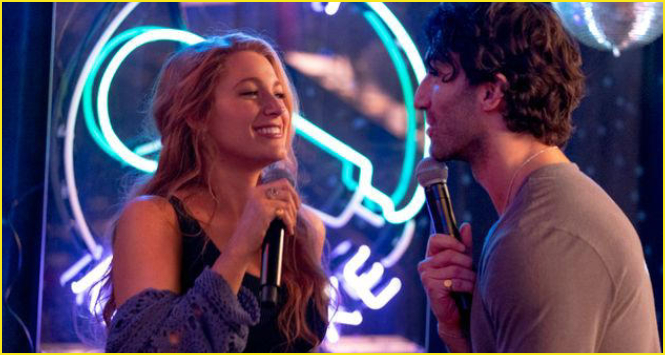The legal feud between actress Blake Lively and her It Ends With Us co-star and director Justin Baldoni has escalated, bringing crisis public relations and alleged misconduct into sharp focus.
The controversy, outlined in a series of lawsuits filed over the past weeks, centers on allegations of retaliation, defamation, and misconduct during and after the film’s production.
At the heart of the dispute is a complaint filed by Lively, who alleges that Baldoni orchestrated a smear campaign against her in retaliation for her raising concerns of sexual harassment and misconduct by Baldoni and co-producer Jamey Heath during the movie’s production pause in 2023.
The complaint claims Baldoni hired publicists Jennifer Abel and Melissa Nathan to tarnish Lively’s reputation online, culminating in a narrative that gained traction among social media users and news outlets ahead of the movie’s August 2023 release.
The alleged conspiracy came to light following a December New York Times exposé, which included screenshots of purportedly incriminating text messages between Abel and Nathan. The messages allegedly show the publicists celebrating as social media users turned against Lively in real time.
Baldoni has denied the allegations and, on December 31, joined Abel and Nathan in filing a $250 million lawsuit against the New York Times, accusing the publication of libel and presenting “altered communications stripped of necessary context.” The Times has rejected these claims, maintaining the integrity of its reporting.
This week, Baldoni escalated the legal battle with a $400 million lawsuit against Lively, her publicist Leslie Sloane, and her husband, actor Ryan Reynolds. Baldoni’s suit alleges civil extortion, defamation, and false light invasion of privacy.
It claims that Lively used her influence to seize creative control of the film, authorized Reynolds to make secret script changes, and encouraged Sloane to disseminate damaging stories portraying Baldoni as a sexual predator.
Lively’s legal team has pushed back, calling Baldoni’s latest lawsuit an example of DARVO (Deny, Attack, Reverse Victim and Offender), a recognized tactic often used to discredit victims of harassment.
“This is an age-old story: A woman speaks up with concrete evidence of sexual harassment and retaliation, and the abuser attempts to turn the tables,” her attorneys stated.
The case is sparking broader conversations about the intersection of celebrity public relations, legal accountability, and the systemic challenges faced by those who report misconduct in Hollywood.

